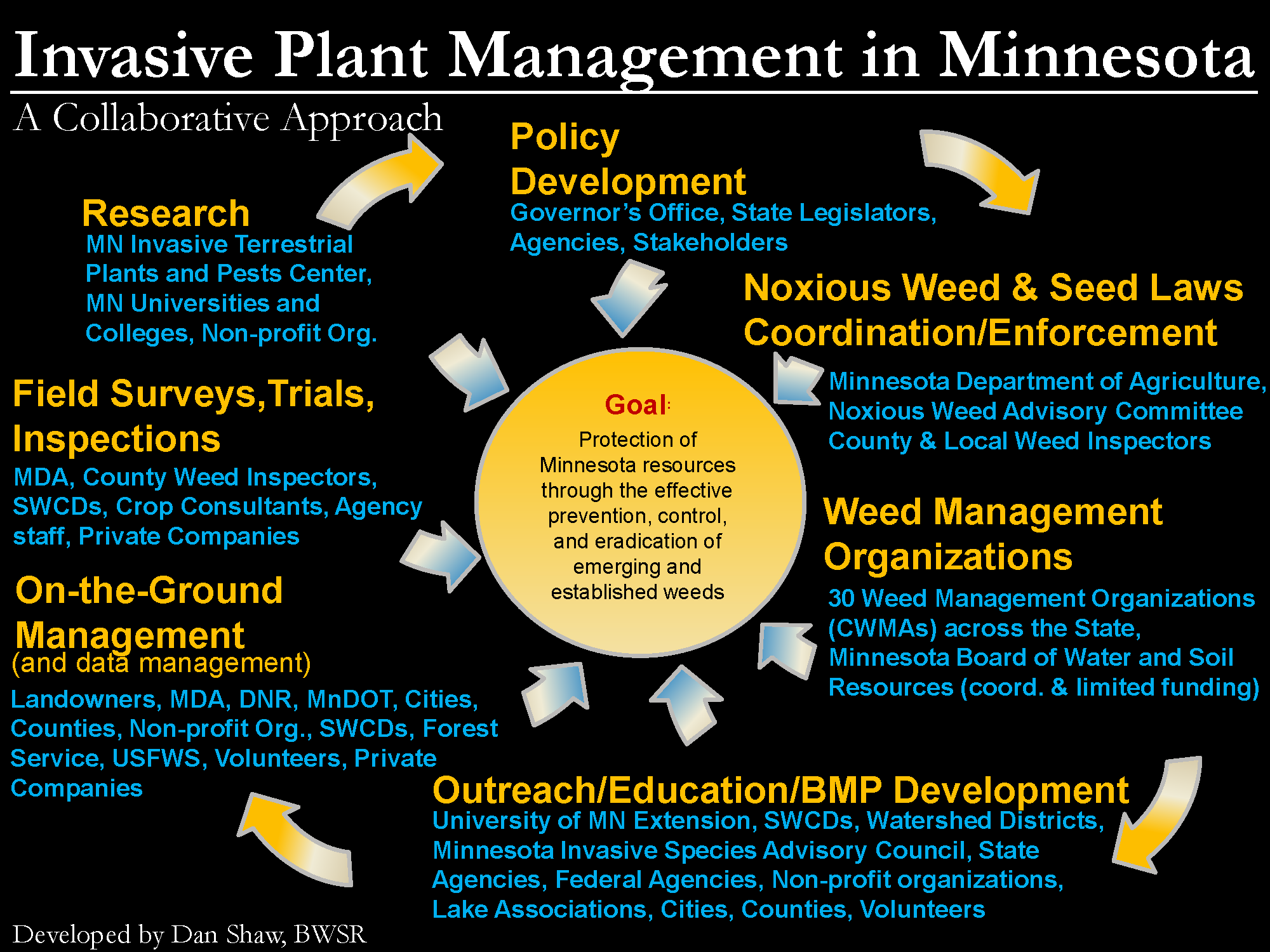
Gorman mixes humor and beauty and folklore in with her unsettling stories of future-present environmental disaster, from buckthorns (they’ll consume everything, including you) to a Little Mermaid (the Hans Christian Anderson one) cameo in the form of a snail. But it’s that last line that finally, fully, orients us: we are visiting a 2045 populated by invasive species and ecological disasters, here there and everywhere.

Clean a butcher block at five? Why not? It depends on you and your family, I suppose. You live along the Mississippi, or indeed along a river? You probably did grow up learning how to bait a hook. In many ways, “Silver Carp” is a mastery of subtle threads drawing together to show readers the whole. So you learned to clean a carp at age seven.

You were taught to bait a hook at three / clean a butcher block at five (never bleach) / but oil and vinegar meant / for eating. By the time we learn the date in “Silver Carp” I already had an idea that this wasn’t happening in the now: I didn’t realize, right away, that I was reading poetry set in an apocalyptic future-present.

She “wanted to write poetry taking place in a near-future,” she tells us, in part because she wants us to imagine ourselves in this world that might be coming, one of “climate change and ecological damage we will have to live with, not one foisted off ’til next century.” In this year, when it is no longer possible to pretend that disaster is not coming, her words-and her unsettling poetry-hit especially hard. I kind of think that might be the whole point, especially going by Gorman’s author’s note at the end. No, I picked it up because I am, you see, a native plant gardener, and boy did her title catch my eye.įield Guide to Invasive Species of Minnesota, published by the speculative indie press Interstellar Flight Press, is profoundly unsettling. I picked up Amelia Gorman’s Field Guide to Invasive Species of Minnesota not because I am familiar with Gorman’s work (I am not), nor because I knew anything beyond the title about the content. A different picture today: some of the native plants from my garden.


 0 kommentar(er)
0 kommentar(er)
